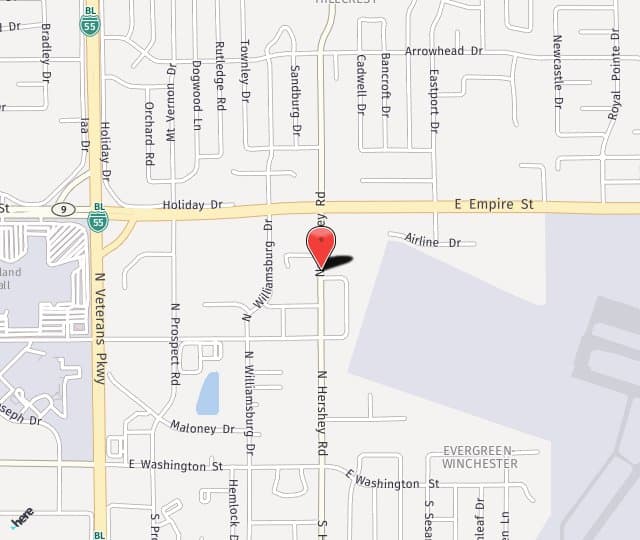
We appreciate when patients pose this line of questioning during their liposuction consultation. Considering the possibility that fat will return indicates a grasp on the reality of cosmetic surgery. It is essential that liposuction is approached with realistic expectations. This is the best way to protect what is achieved during this popular procedure.
The Nature of Fat Cells
Many of the cells in the body regenerate. For example, our skin cells develop beneath the epidermis and make their way to the surface over time. They then die off and are replaced by new skin cells. Fat cells don’t work this way. By the time we reach adulthood, we’ve pretty much got all the fat cells our body needs. Excess weight doesn’t indicate that we have more fat cells, but that some of our fat cells have enlarged. Conversely, when we lose weight, it is because fat cells have shrunk.
Liposuction brings a new concept to the table. This procedure manually extracts a certain degree of fat cells from an area on which fat is adhering stubbornly. Common areas of concern include the thighs, buttocks, lower abdomen, and even the neck. For some reason, the fat cells in these areas seem to be some of the most resistant on the body. Even if you do lose weight, these particular fat cells may not shrink as much as you’d like. By removing excess cells in a problematic area, we clean the slate for a more sculpted body.
Maintaining Results
How long will the results from liposuction last? The answer is as long as you maintain them. The body will not produce more fat cells to replace those that have been extracted through liposuction. They are gone forever. Furthermore, the body will not naturally compensate for these removed cells by holding on to more fat content in remaining cells. Fat cells removed from one area will also not appear somewhere else on the body. Results can last for many years as long as you maintain a stable weight and follow healthy lifestyle habits that promote metabolism.
Liposuction may be the icing on the cake you’ve been craving. To learn more about this procedure, call our Bloomington office at (309) 664-1007.

